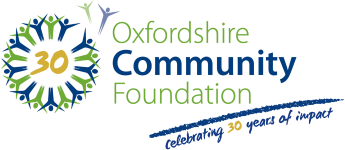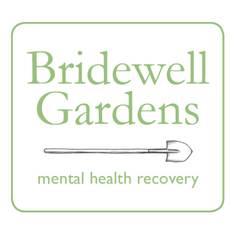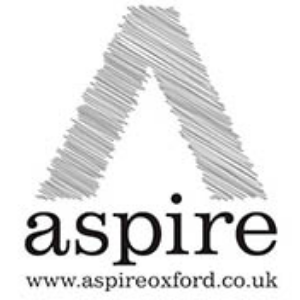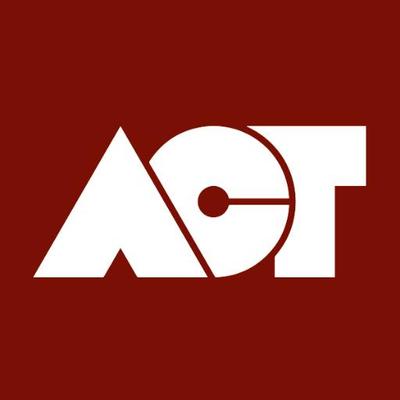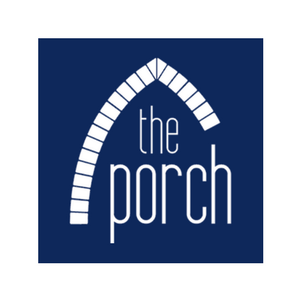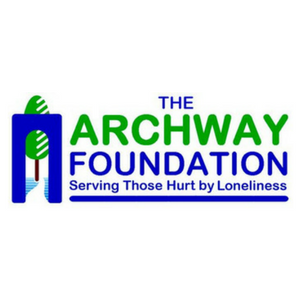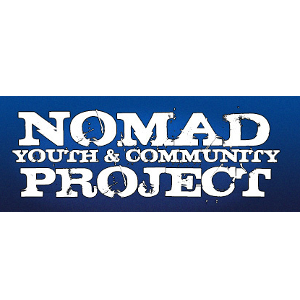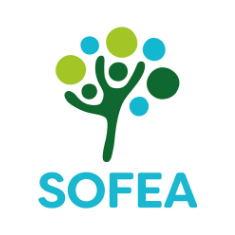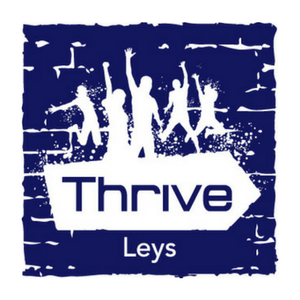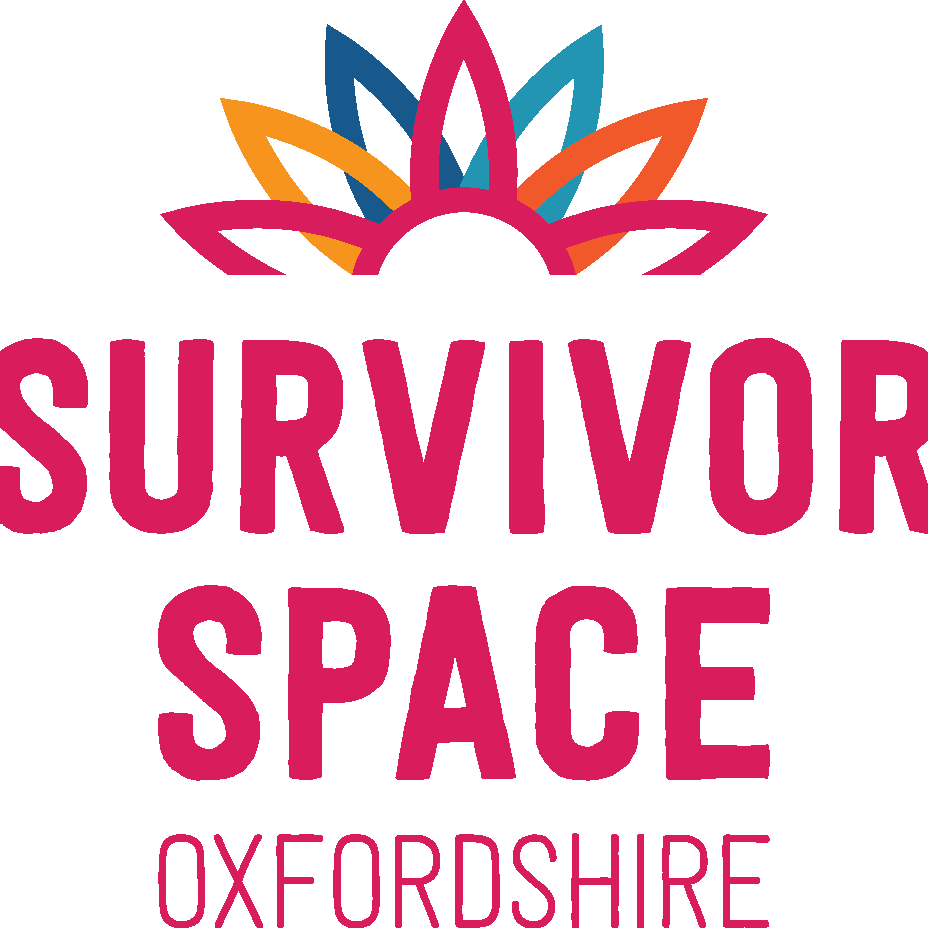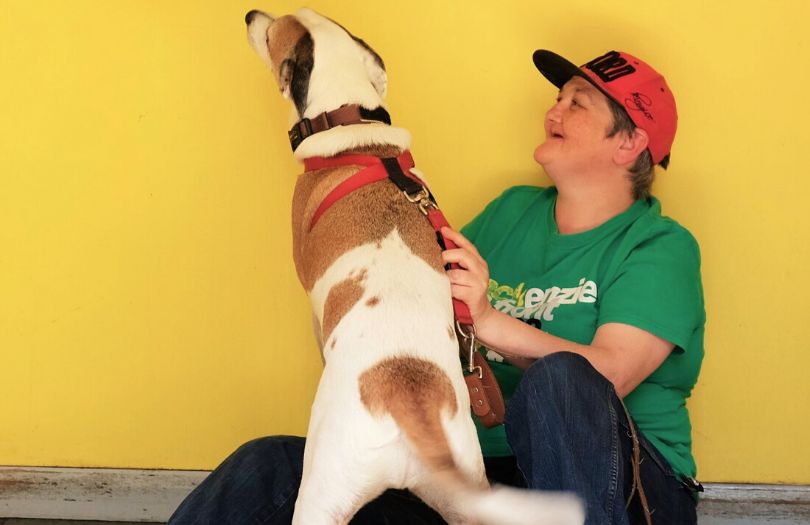
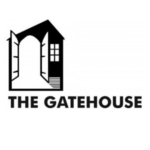 The Gatehouse is a community drop-in centre offering free support services for adults who are homeless, vulnerably housed, on low income and looking for company and community. They offer a free cafe six times a week, therapeutic workshops and a one-to-one casework team.
The Gatehouse is a community drop-in centre offering free support services for adults who are homeless, vulnerably housed, on low income and looking for company and community. They offer a free cafe six times a week, therapeutic workshops and a one-to-one casework team.
Step Change funding has enabled this homelessness charity to invest in IT infrastructure that has transformed the way they operate on a day-to-day basis. New software is helping them motivate their people and articulate their impact in a completely new way.
The Gatehouse applied for their Step Change grant after the initial effects of the pandemic had been felt. With closures and adaptations to their drop-in services during lockdown, the charity had had the space and time to evaluate and improve their services. Two themes emerged from this: huge inefficiencies in the way services were administered were identified; and they decided to shift towards more grants-based fundraising in future, requiring much better evidence of impact.
Gatehouse CEO Kat Horne says: “We were paper-based and the administration was extremely labour-intensive. Large amounts of useful data were being captured, but we had no way of collating or analysing it. We couldn’t track trends (such as an increase in cases of modern slavery) or report back on funding, and had no time to create a meaningful impact report.”
Kat describes being really proud to get through the rigorous application process, which is helping her make good applications to other funders. She developed an honest and transparent working relationship with her project manager Andrew Colleran, who gave a refreshing perspective on the challenges, “some of which hurt”! For example, Kat had envisaged managing the implementation of a new CRM system herself, with little prior experience; the PM convinced her to include the cost of a dedicated new staff member for this in her detailed bid, which was funded by the panel.
The investment has been transformational. Much-needed new devices and laptops were purchased; and the Lamplight charity databased was installed, allowing both hard and soft outcomes to be recorded – for example, number of attendees at a particular session, but also measures of their wellbeing, confidence or levels of isolation over a period of time. It also allows Kat to monitor and generate reports around internal management themes such as client load by staff member, volunteer hours or donations of clothing, and to identify new needs for which the team needs to upskill.
Kat says: “All of this takes me about five minutes, versus a whole afternoon, with much more meaningful data and reporting. It has increased my own confidence as a manager, giving me something to motivate staff or beneficiaries to show them what they are achieving. I know more about my own organisation, and we actually have a more open working culture as a result.”
The new system and processes are scalable, and have improved every aspect of managing and growing the charity.
The project has had positive ramifications Kat had never dreamed of. “The new staff member was able to design flexible training adapted to the individual needs of different members of the team, many of whom have lived experience of homelessness. Some of these needs were not known about before, but he has helped staff, volunteers and beneficiaries develop digital skills and make themselves more job-ready for the future.”
